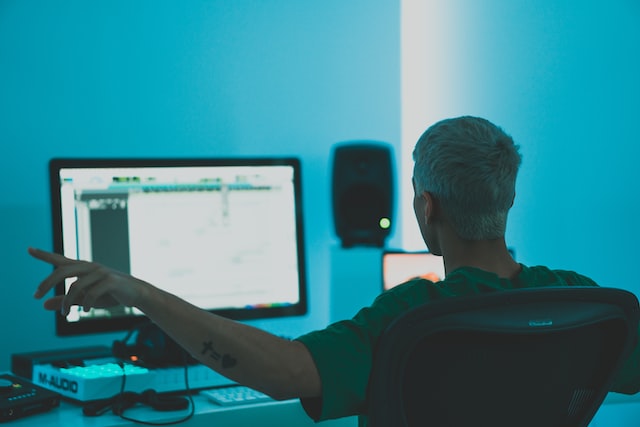There are many types of music licenses, and it’s important to understand what you need before you begin using music at your business. The requirements vary depending on what kind of music you’re using, but there are also some common standards. Music licensing allows musicians and composers to be paid for their work. These licenses allow businesses to use their songs in a way that financially benefits them.
Public Performance License
The Public Performance License is one of the important music licensing requirements for any business that plays music in public. It covers everything from playing songs on jukeboxes to playing concerts in a large room. Performing Rights Organizations (PROs) such as ASCAP, BMI, and SESAC manage public performance licensing and issue music royalties to songwriters and music publishers per-user basis. They do this by collecting fees from the businesses that play copyrighted music and reporting the use to the PROs. These organizations also monitor public performances to ensure copyright infringement is not taking place and that fair and equitable royalty are paid to songwriters, composers, and music publishers. Their reporting takes various forms, depending on the type of use: broadcast logs for radio stations, cue sheets for TV channels, set lists for live venues, and consumer reports for streaming services. Performing Rights Organizations have reciprocal agreements with each other across the world, which allows them to communicate accurate information to renowned artists and songwriters. However, their reporting systems’ complexity means they cannot always provide accurate, up-to-date, or consistent data.
Non-Performance License
If your company shares music externally on the Internet, in an advertisement or at a conference, you likely need a license. This is because copyright law requires you to pay a licensing fee to perform copyrighted music publicly.
There are different types of licenses for music, including the non-performance license. This is the most basic and covers the use of a song in a non-dramatic manner. When a song is used in a dramatic manner, such as in a musical or ballet, a “grand rights” license is required. The songwriters and music publishers who own the rights to these songs require you to secure a grand rights license before using their works dramatically. Another type of license is the “blanket” license, which allows you to play any song from a particular PRO’s catalog an unlimited number of times. These blanket licenses are typically obtained from ASCAP, BMI and SESAC (formerly the Society of European Stage Authors and Composers).
.
Synchronization License
Sync licensing is one of the most important revenue streams for artists, producers and music labels. It allows music to be played on TV, radio or other media platforms where many people might not have previously heard it. It also provides an opportunity to reach out to new fans and expose them to the music of a label or artist they might not have come across. Getting a sync license can be tricky, though. It requires the permission of all rights owners, including the master owner and publisher. It is also a process that involves paying a fee upfront, then later collecting royalties. The nature of the use is also a key consideration when negotiating a sync deal. For example, the song might be used as background music or play a major role in a particular scene. The more valuable the use, the higher the potential for a successful sync license deal. Regardless of whether the music is being used in film, TV or radio, it is necessary to have a sync license to ensure that all parties are compensated. This means that copyright holders must grant a license to the production team that uses their music. Having a PRO (Performing Rights Organization) to track and collect the fees is also a good idea.
Mechanical License
You need a mechanical license if you plan on recording a song and using it in a video (like a cover version). This is because performing the song without permission from the copyright holder could be considered a breach of the artist’s copyright. This license is required when you release a copyrighted musical composition in any format, including CDs, records, ringtones, permanent digital downloads (DPDs) or interactive music streams. In exchange for this permission, you must pay a royalty to the musical composition’s copyright owner(s).
Historically, mechanical royalties have been imposed through player pianos (the upright pianos that scrolled a song without a human player). The Copyright Act wrote these player piano licenses into law in the United States in 1909. The mechanical licensing system still ensures musicians are paid for their contributions. This is the only way musicians can be guaranteed to receive royalties for their songs. If you’re unsure whether you need a mechanical license for the songs you plan to perform, there are services online that can help. These services ask questions about your expected distribution and sales and determine how much you need to pay for the license. Once your fee is processed, you’re ready to perform.





Leave a Reply